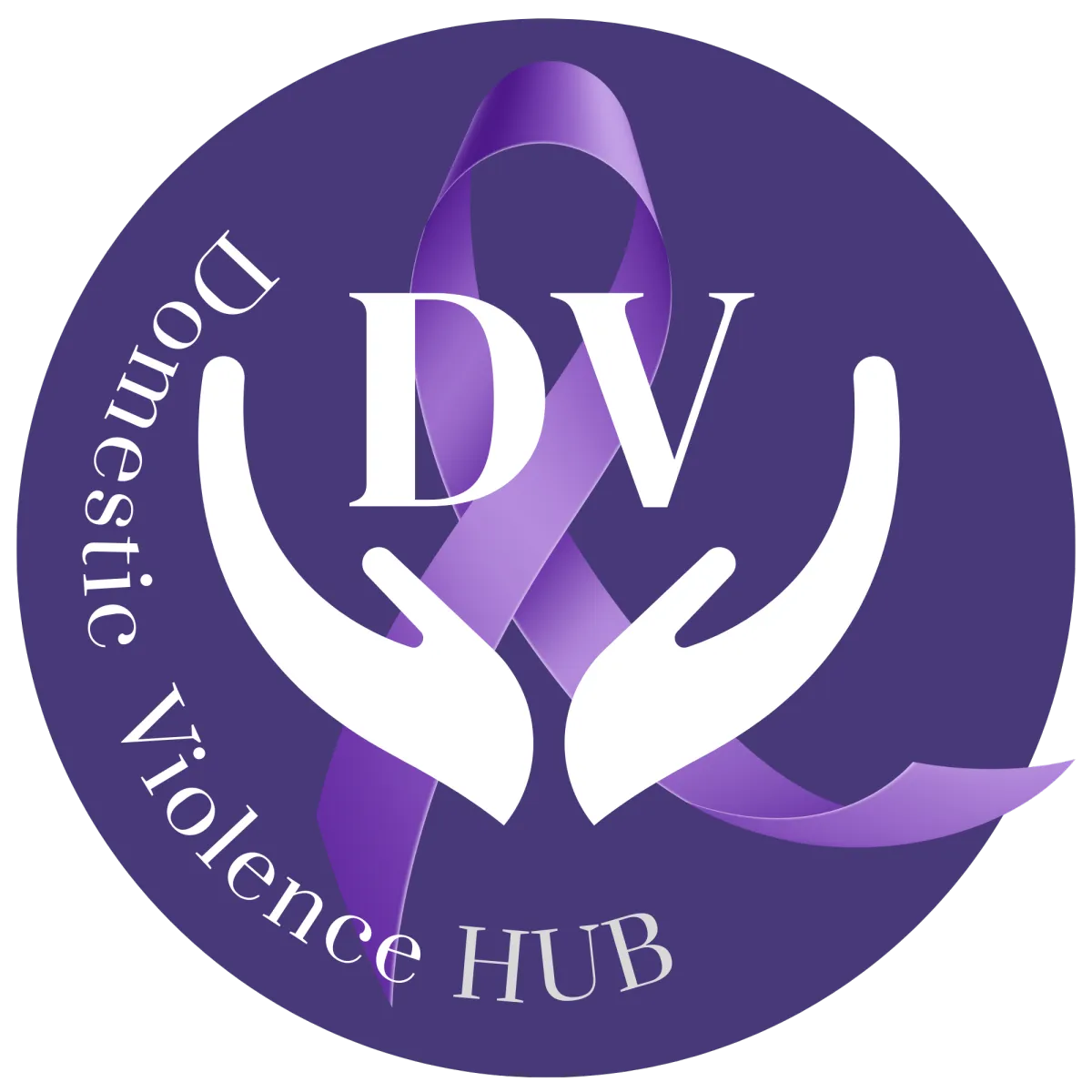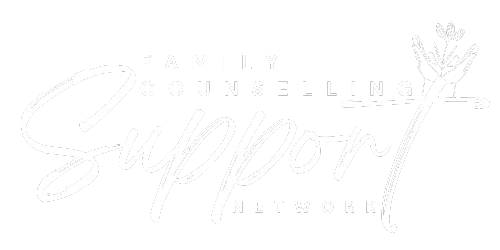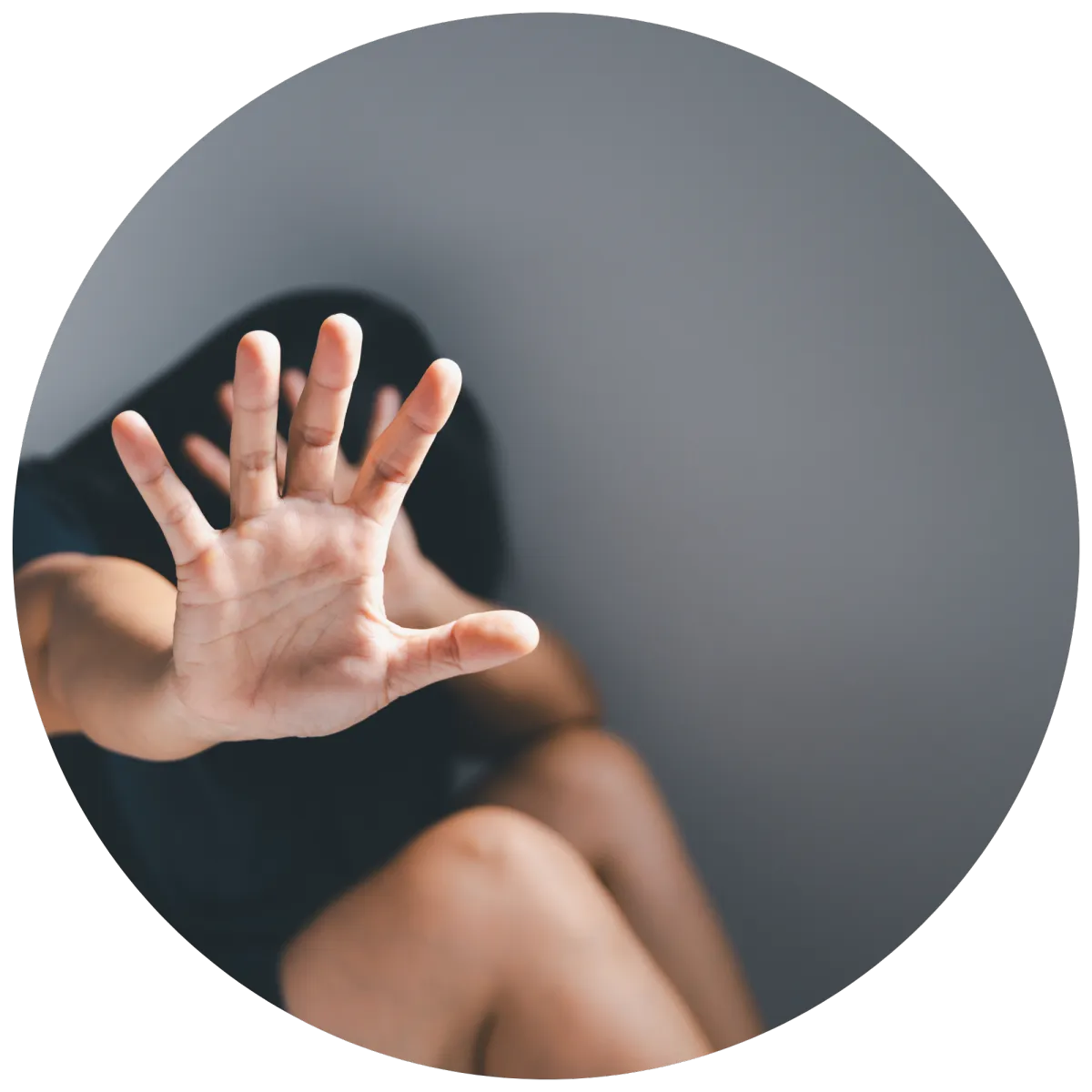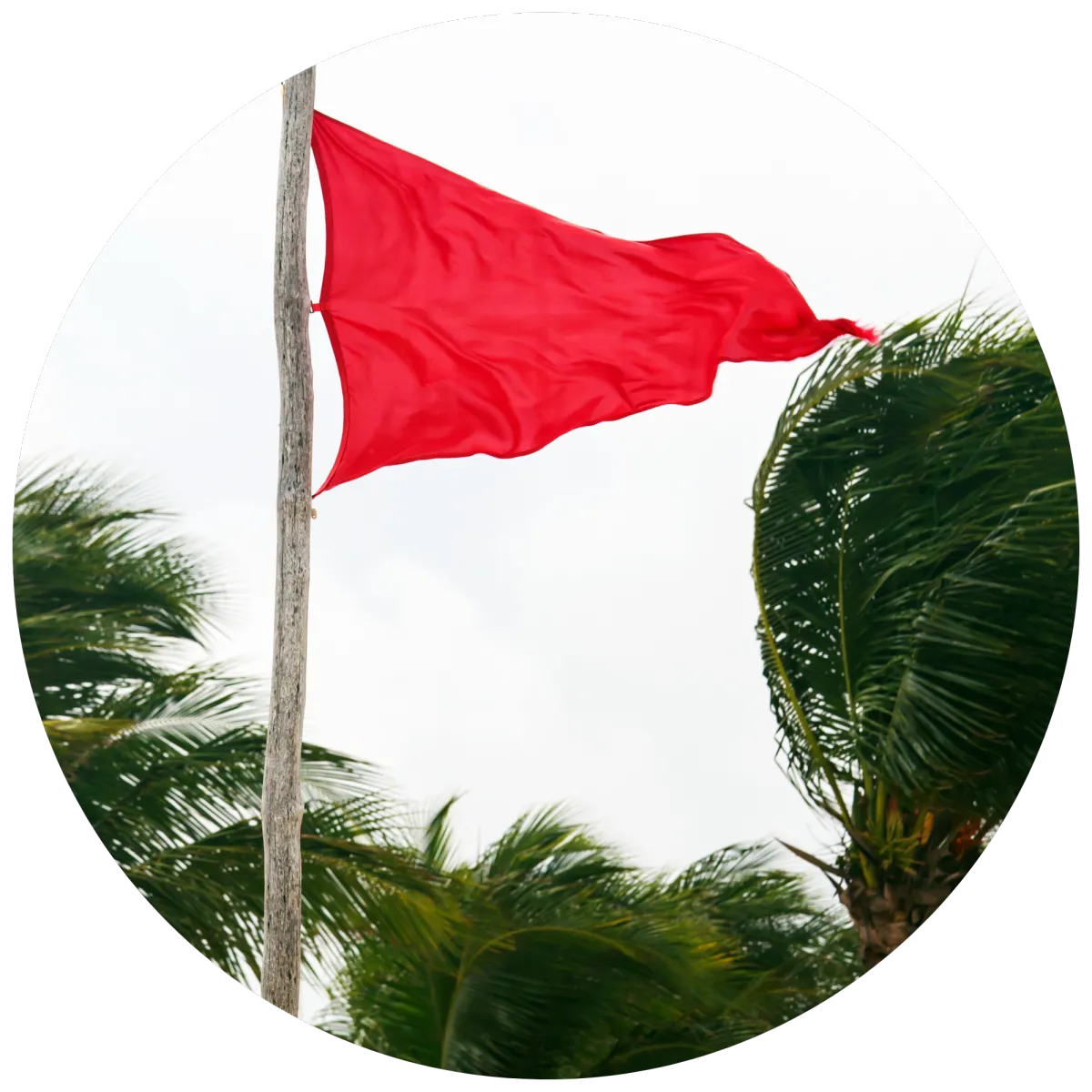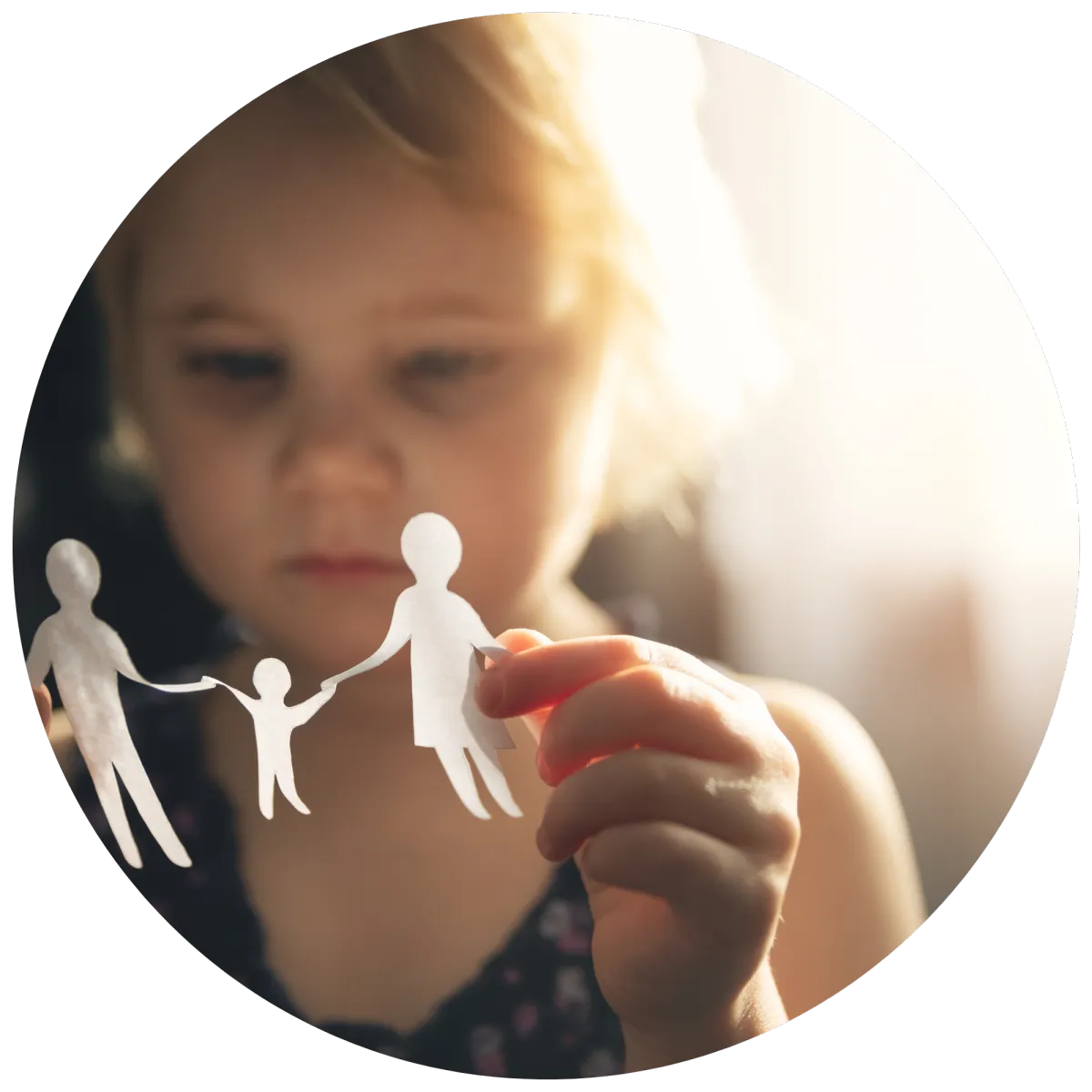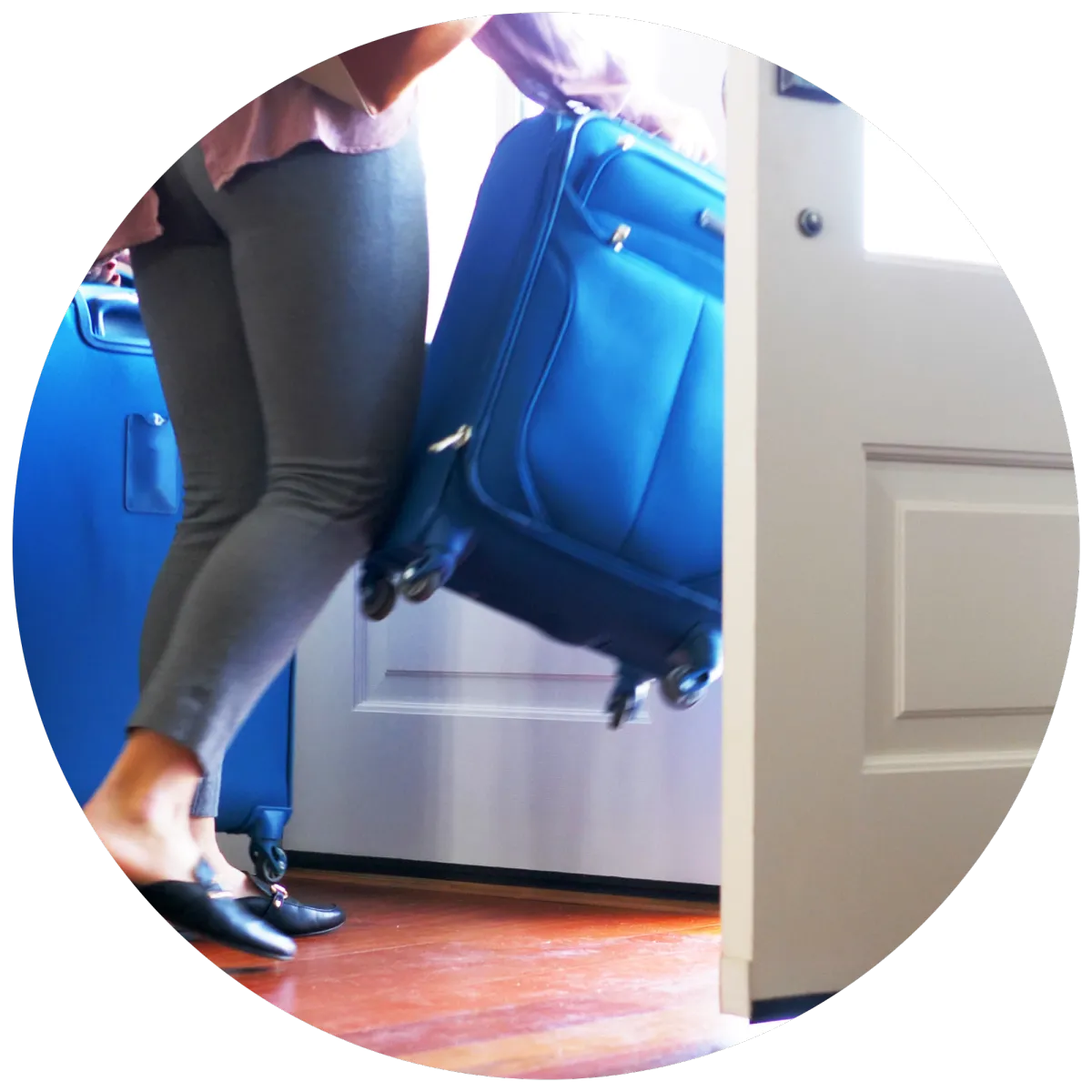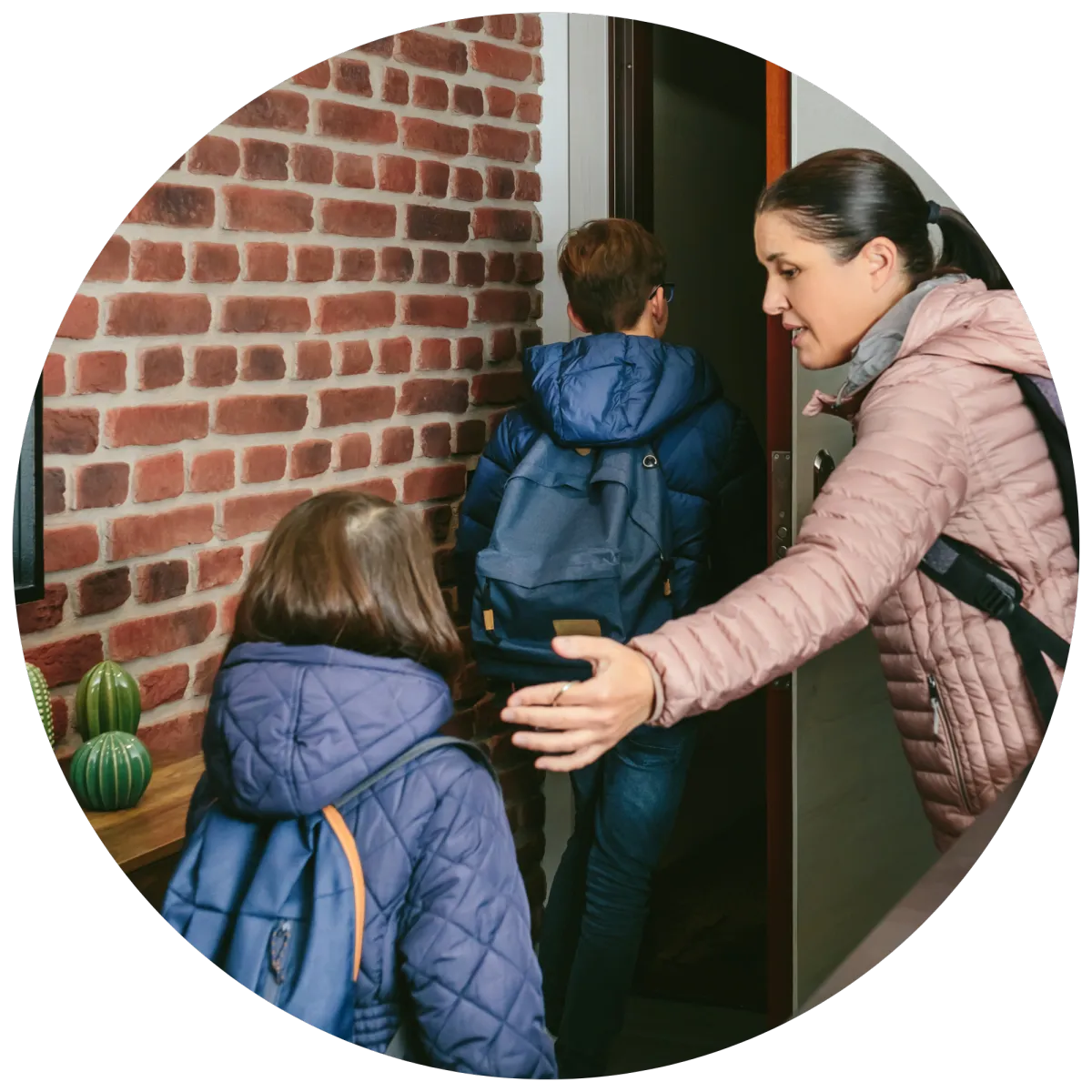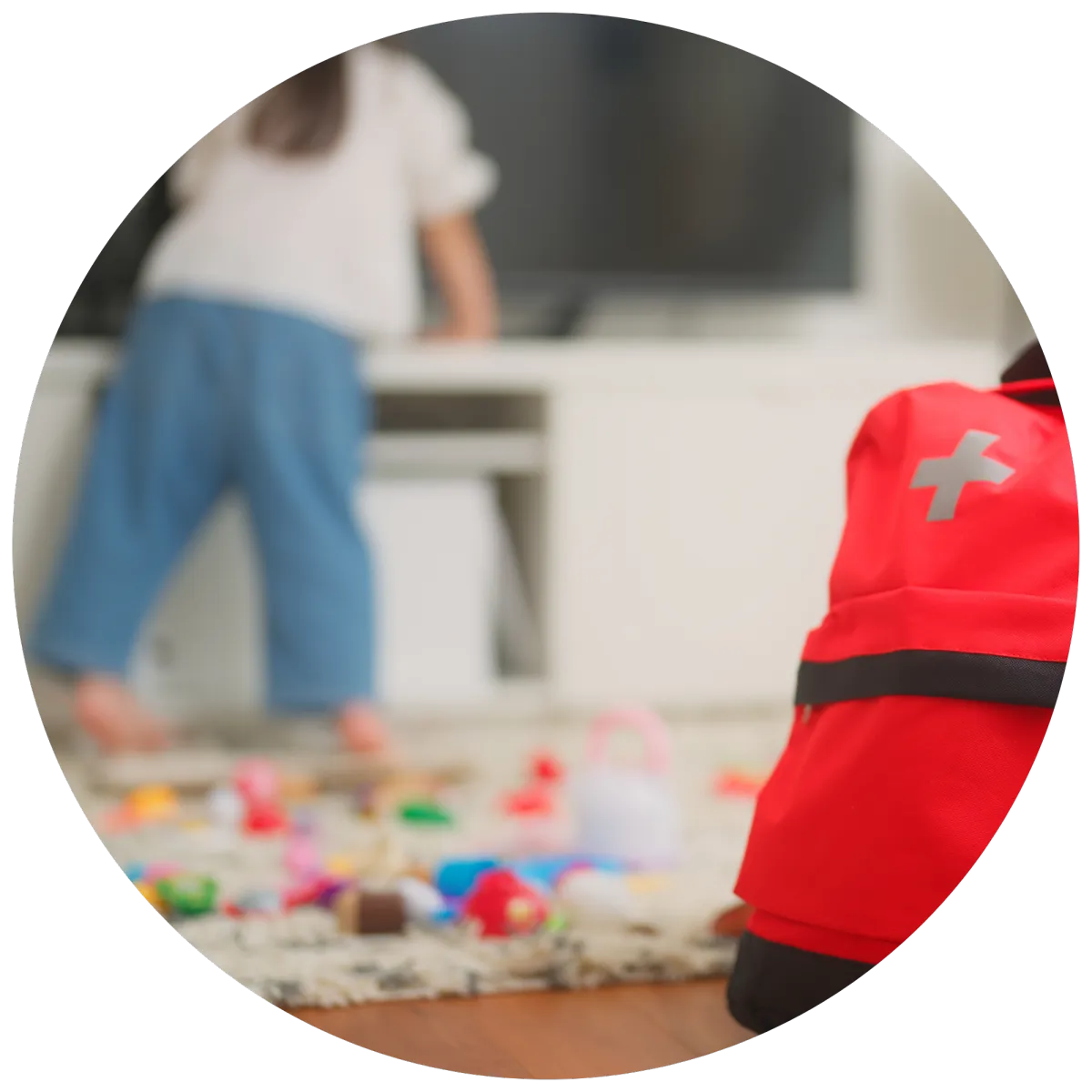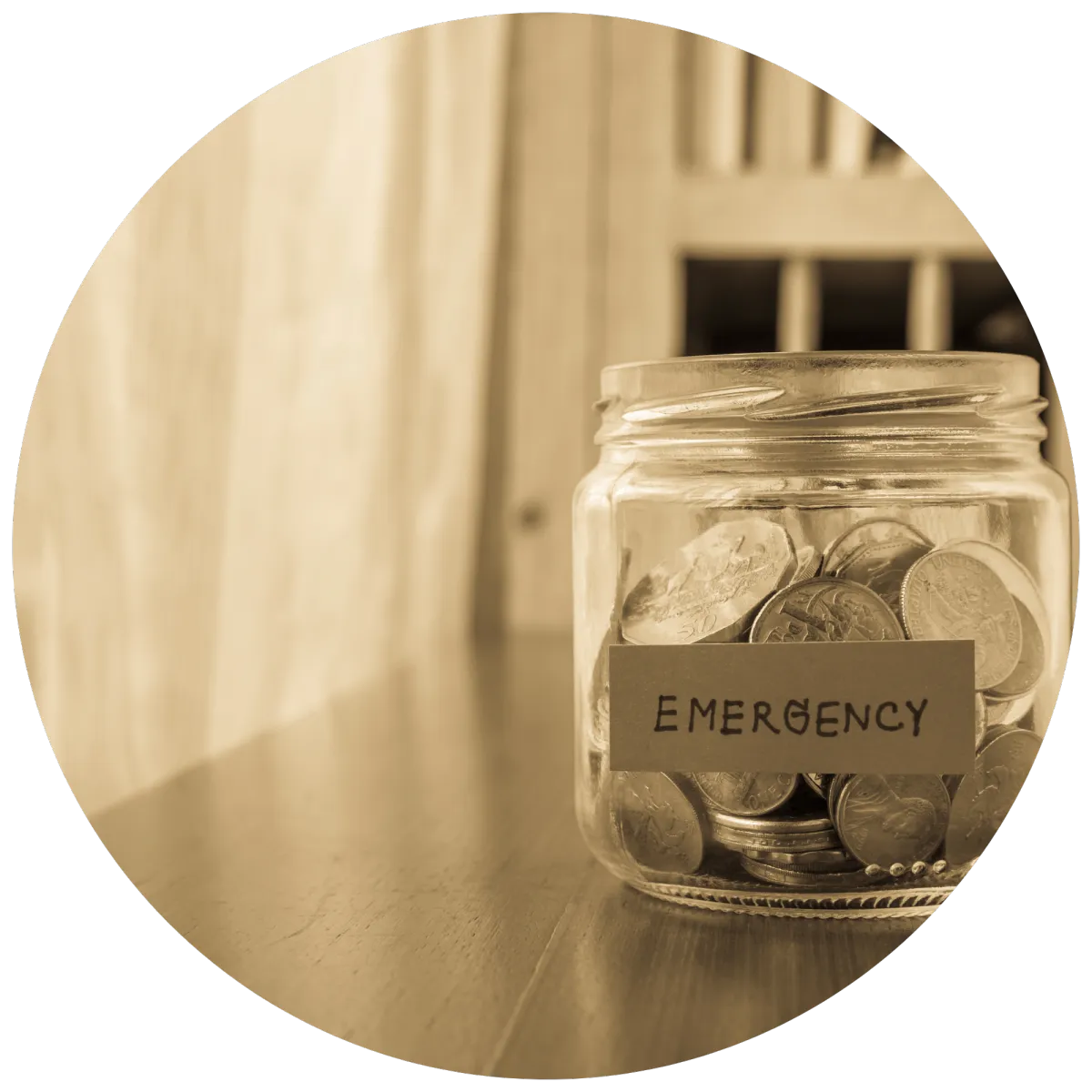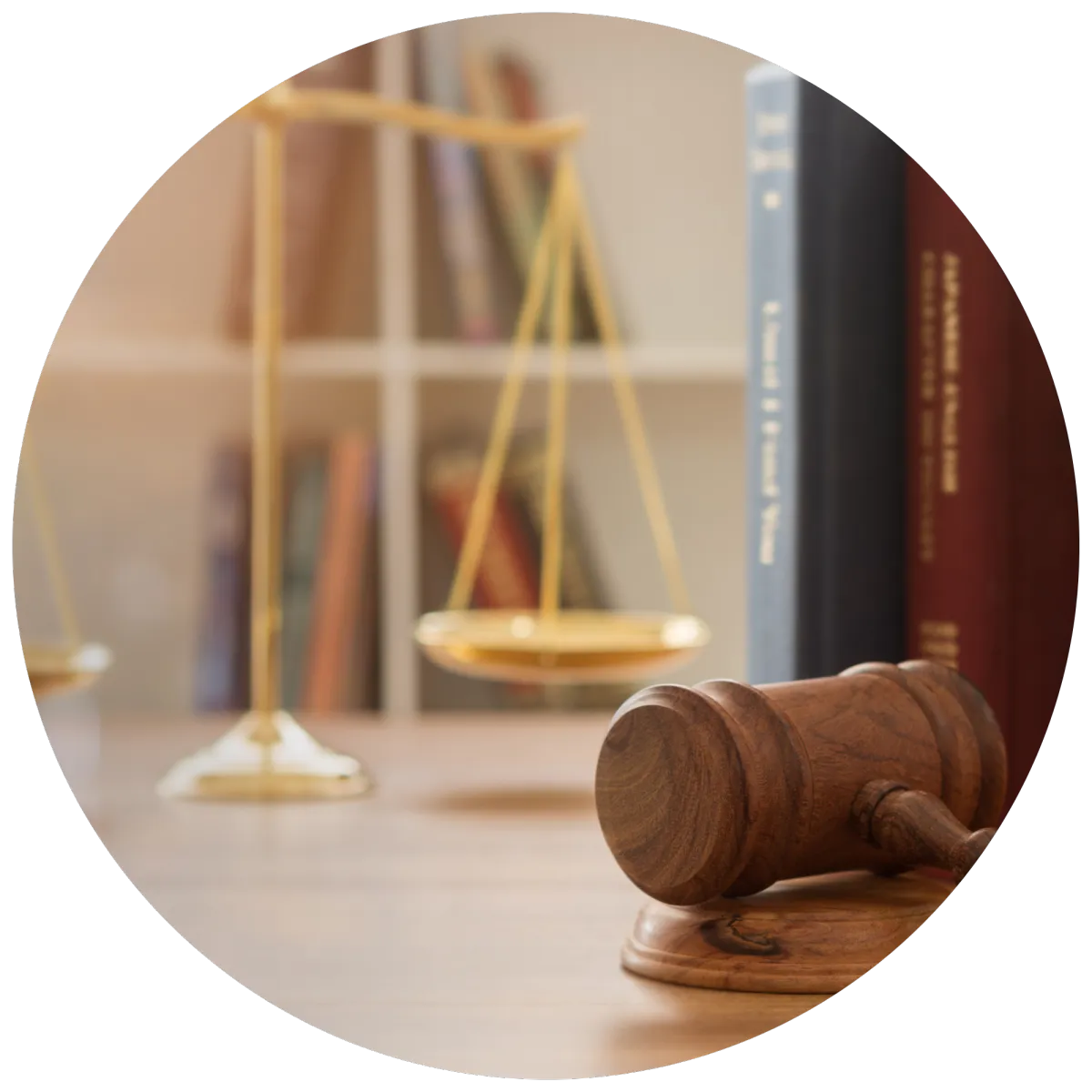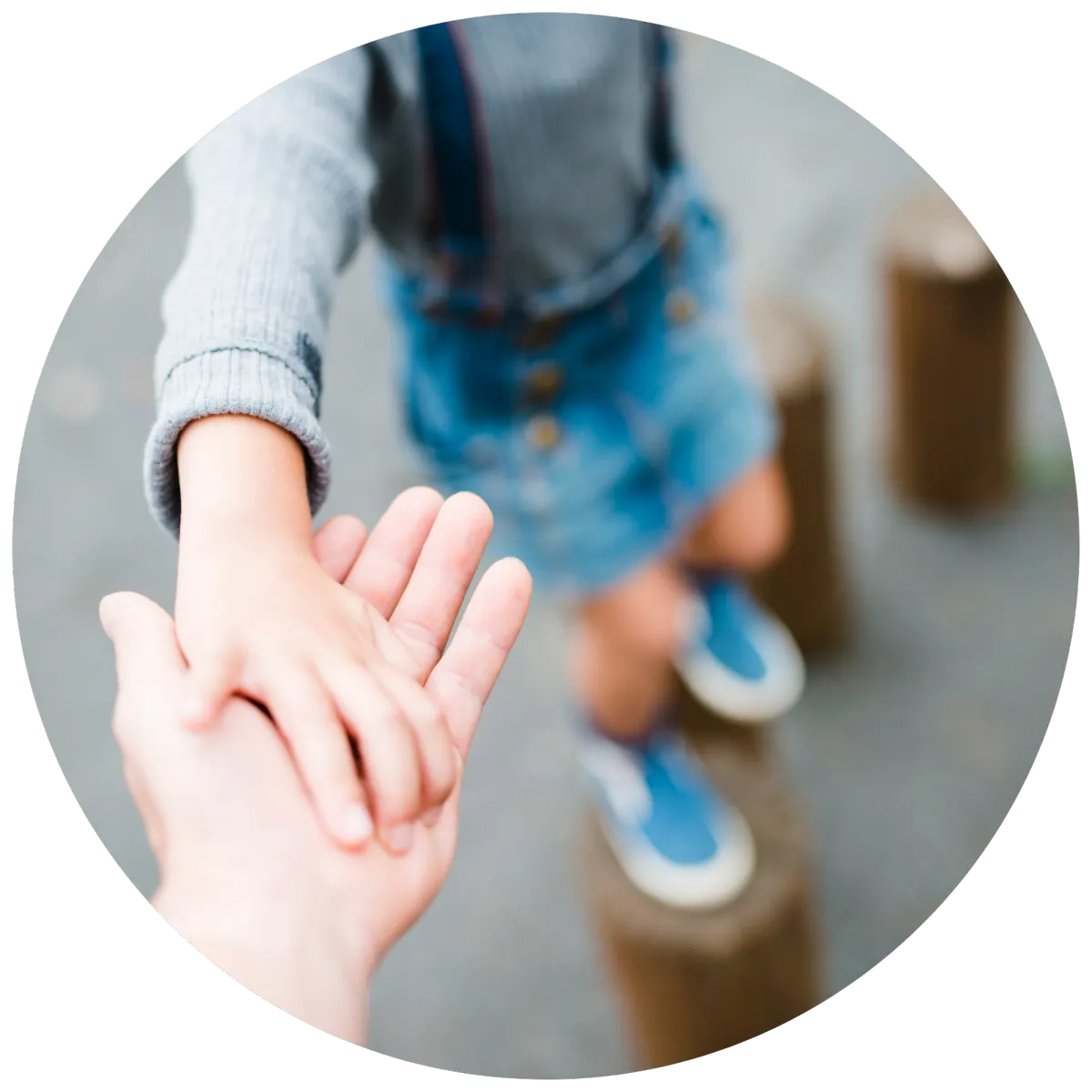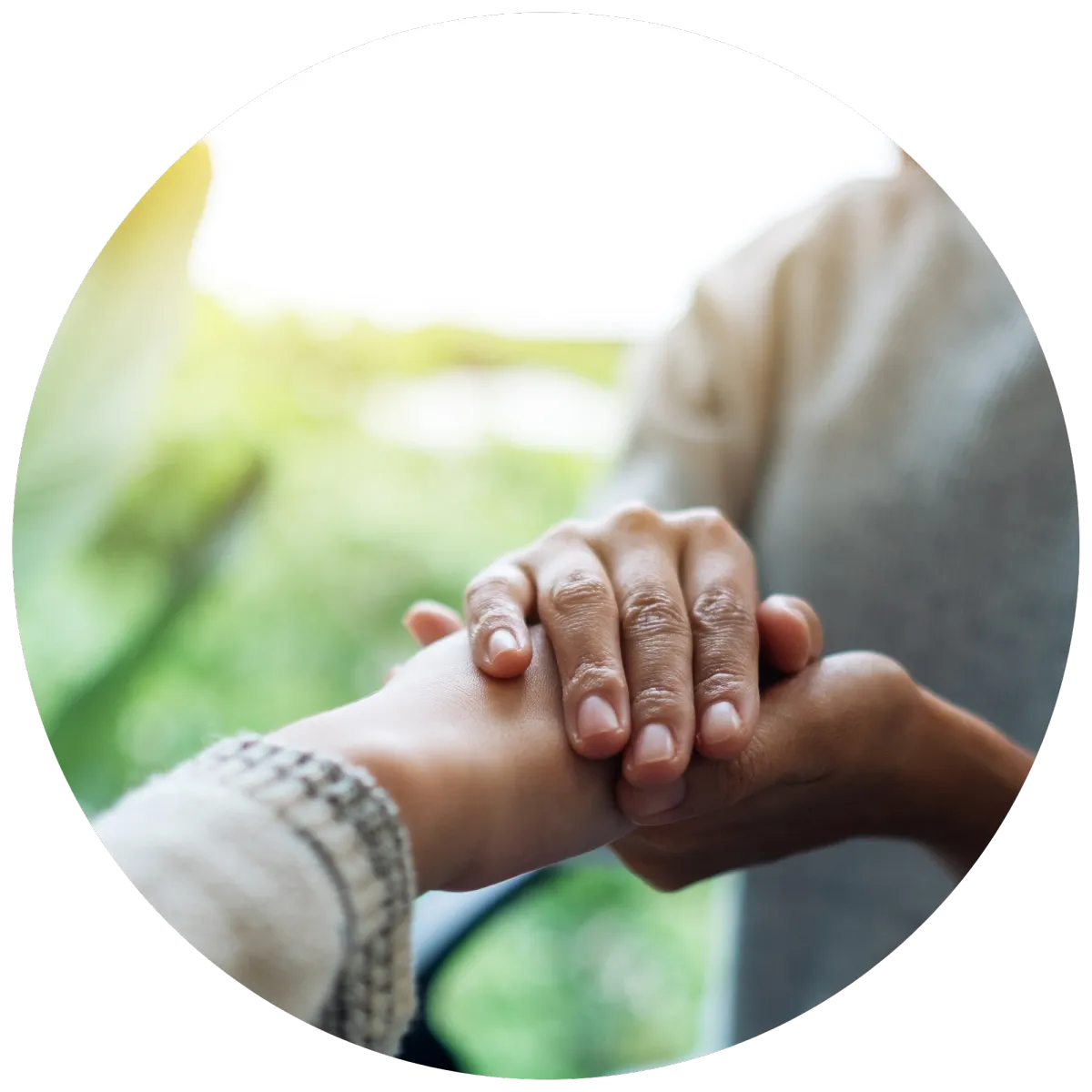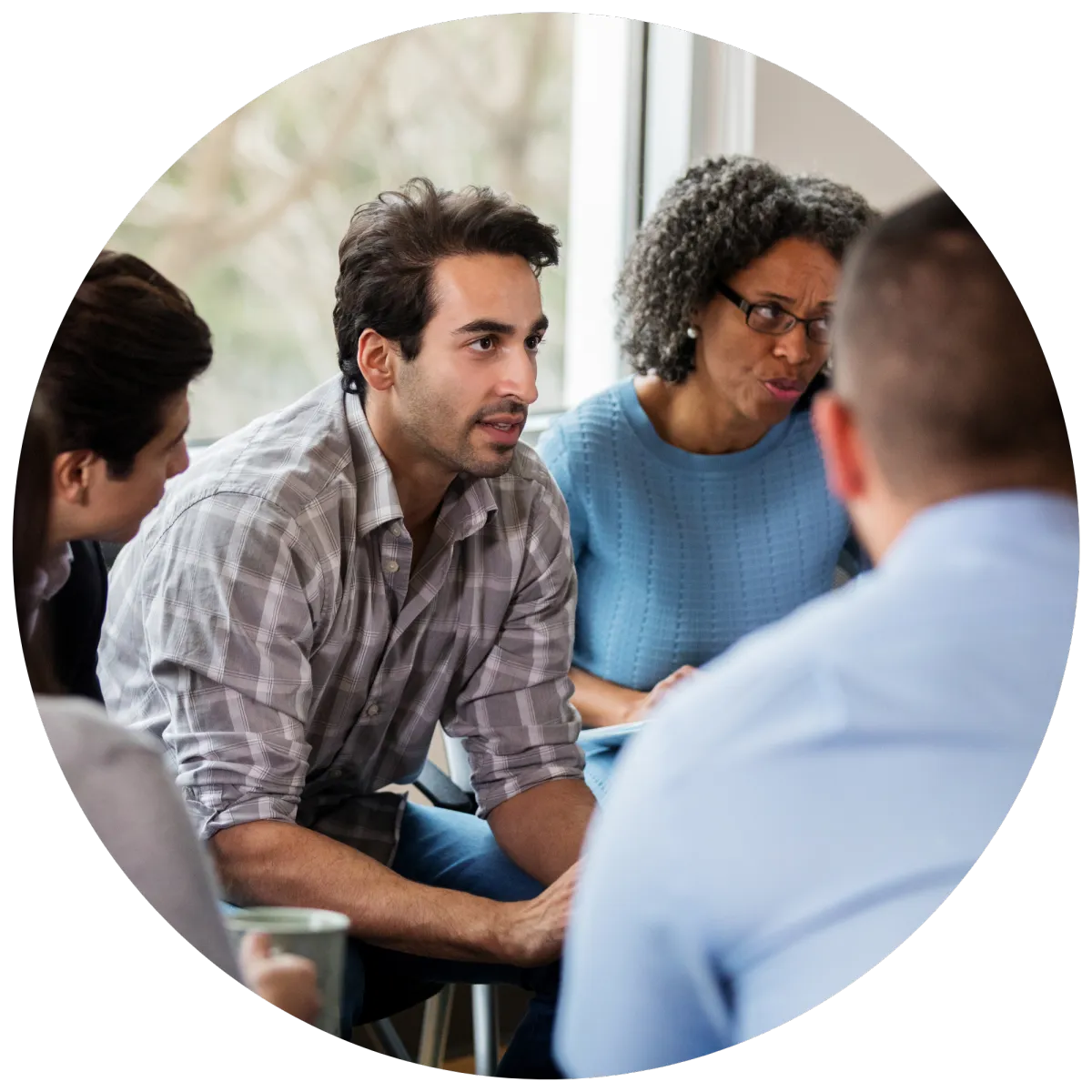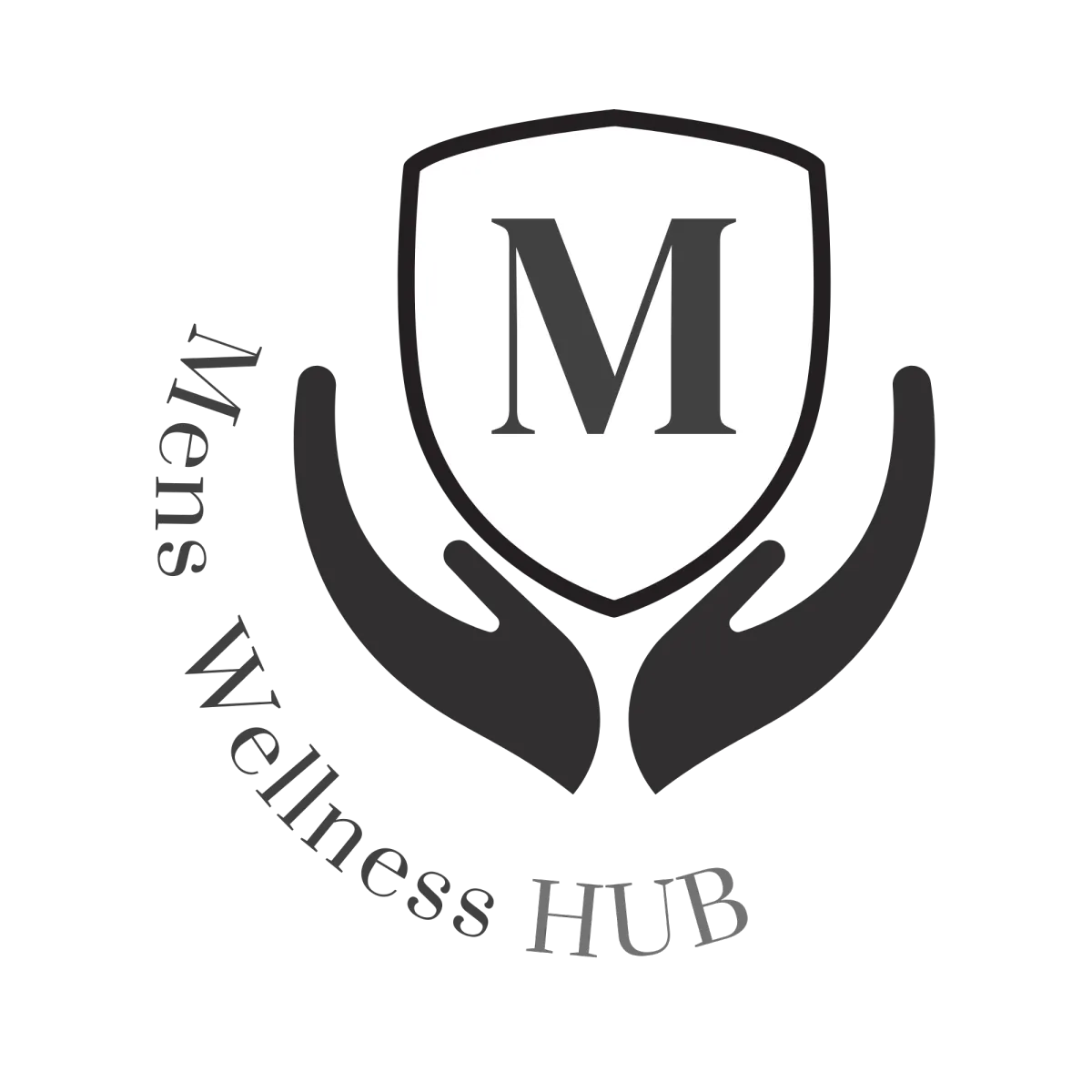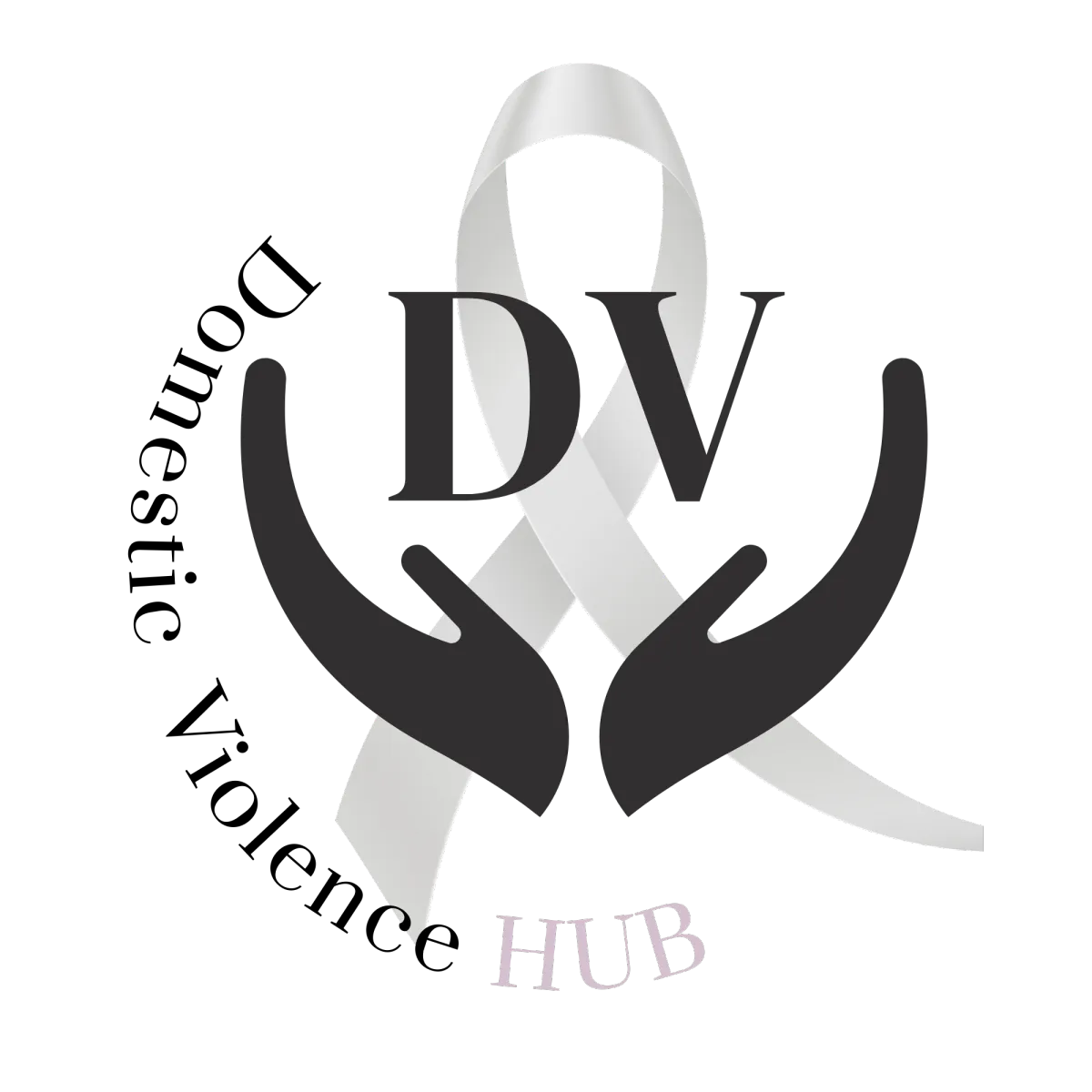Emergency & Support Services Australia
The DV Support Hub, provides FREE consolidated information on Australian domestic and family violence matters.
It is just one of the many hubs provided for free through Family Counselling Support Network, to Australians. If you, or are family member, are facing family and domestic violence or supporting someone who is, this hub provides information, resources and a guide on how to find support, keep safe, access resources and move forward safely with independence and greater confidence.
We endeavour to keep this information as up to date as possible.
This site is dedicated to the memory of all those who have lost their lives and the resilience of survivors.
If you have arrived at this hub because you or your loved one or friend is in need of support, we are extremely proud of you.
If you have arrived at this hub because you are seeking support to help find solutions to deal with your emotions, great move, we are also here for you to get the support you need.
Please know there is love and support for you. You've Got This.
There is never an excuse for abuse.
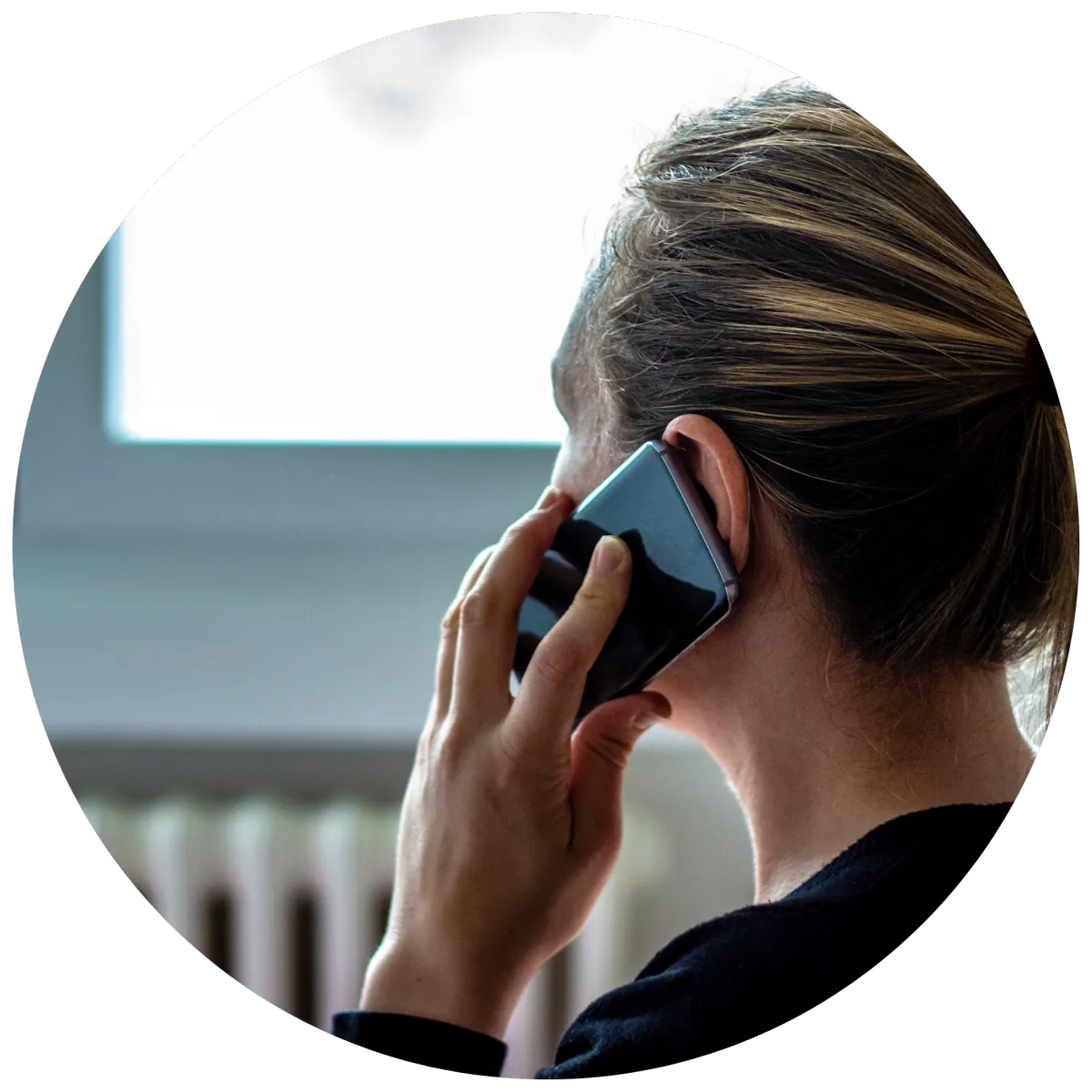
NATIONAL and STATE BY STATE
Emergency and Crisis Support
for Australians
🫂How to get emergency Police support
🫂How to get emergency Ambulance support
🫂What to expect when calling 000
🫂How to get emergency (no ambulance) support
🫂Other urgent medical support
🫂Other specialist emergency support
🫂Non emergency (not life threatening) medical help
🫂How to apply for a medicare card and make changes
🫂How to get medical help and support if you have been sexually abused
🫂Translating/interpreting & National Relay
🫂Crisis Support Services - Nationally and State/Territory based
How to get Emergency Help - Safety and Medical
Australia - National and State/Territory Support
1. How to get Police help in an Emergency in Australia
1.1 What are you asked when you call 000 for Police help?
1.2 What if I don't know exactly where I am so they can locate me?
1.3 What if I don't speak English and need an interpreter to call 000 for help?
1.4 What if it's not safe to speak -Calling 000 for police when you are unable to speak.
1.5 If it is not immediate danger, how to contact the police for all DFV-related matters
2. Medical emergency support
2.1 What is a medical emergency?
2.2 How to call for an ambulance in Australia
2.3 What to expect during a call to 000 for an ambulance
2.4 What if I don't know where I am to give a location for help?
2.5 What if I don't speak English and need an interpreter?
2.6 What if it's not safe to speak - Calling 000 for an ambulance when unable to speak
2.7 Attending your local hospital emergency room (not via an ambulance)
2.8 Getting medical assistance for non-life threatening concerns
2.9 Medicare - applying and changing your details and address - ensuring your safety
2.10 What if I am a victim of Domestic and Family Violence and I am not covered by Medicare for medical help?
2.11 What if I am a victim of Sexual Assault? What medical assistance will I need and receive?
2.12 Translators and interpreters and National Relay assistance
3. Crisis Support
3.1 Nationally based crisis support - access from anywhere in Australia
3.2 State and Territory based crisis support
3.2.1 Victoria crisis support
3.2.2 Queensland crisis support
3.2.3 New South Wales crisis support
3.2.4 South Australia crisis support
3.2.5 Western Australia crisis support
3.2.6 Tasmania crisis support
3.2.7 Northern Territory Crisis Support
3.2.8 Australian Capital Territory Crisis Support
HOW TO GET POLICE HELP IN AN EMERGENCY
in Australia
How to get Police Help in an Emergency in Australia
In Australia, Call Triple Zero (000) and ask for Police if you or your family member are in a
dangerous or life-threatening situation.
Calls to triple zero (000) are free (you can call even if you don't have any credit on your phone)
✅ When you call 000, try to stay calm and speak slowly.
✅ If you cannot speak English and need an interpreter, tell the person on the phone and they will get an interpreter for you.
((Call 106 for the National Relay Emergency Call Service for text-based communication over the phone.))
What you re asked when you call 000
✅When the 000 emergency services phone operator answers your phone call they will ask you what emergency service you need.
✅If you need the police for urgent help, say "police" or if there is danger and you or another are injured and need urgent medical support, advise the phone operator that you need police and ambulance. If there is also a fire involved, advise them that you also require fire emergency services.
✅You will be asked a series of questions including quick summary of the situation, the location/address, type of premises (eg house, unit and on which level), is it easy to enter the premises and how, what is happening right now, if there are any firearms or weapons in the premises or that the other person may keep somewhere else, where is the offender now (ie are they still at the location and where on the location), who is in the home or place you are calling from, how many children are present and where are they, has any alcohol or drugs been consumed, does anyone have a medical or psychiatric history, is there an enforceable AVO in place. relationship to the person if known.
I know it is very hard, but try to be as clear as possible in your instructions.
✅If you are calling from a mobile phone, you may also be asked which state or territory you are calling from.
This is so the operator can transfer you to services where you are located.
✅Smartphone users can download the Emergency Plus app - from the Apple Store or Google Play store to assist call takers to pinpoint the exact location. This is a free app developed by Australia's emergency services and their Government and industry partners. It uses GPS functionality built into smart phones to help a Triple Zero (000) caller provide critical location details required to mobilise emergency services.
✅The call taker will organise assistance for you while you continue talking on the phone. Listen to the call taker and answer any questions – this will not delay the police response.
✅Follow the call taker’s instructions – this will help the patient and the police.
✅Do not hang up until the call taker tells you to.
What if I don't know where I am - help them find you!
Emergency markers are used by emergency services. These markers are in locations with no set address (such as beaches, parks and trails) or places that are difficult to find and are linked to the call???. They are designed to pinpoint your exact location during an emergency.
✅Smartphone users can download the Emergency+ app- from the Apple or Google Play store to further assist call takers to pinpoint the exact location.
What if I don't speak English and need an interpreter to call 000
If you do not speak English or prefer to speak in your own language, you can ask the operator for an interpreter. There will be a short wait while they get an interpreter on the phone to speak to you.
It is useful to know some words in English, such as your address and phone number. Being able to use accurate words in English such as ‘unconscious’, ‘not breathing’ and ‘bleeding’ can help the operator arrange the appropriate help for you while waiting for the interpreter.
What if it is not safe to speak = Calling Triple Zero (000) when you're unable to speak
If it is not safe for you to speak on the phone or you are unable to speak, your call will be transferred to an Interactive Voice Response. This will ask you to dial 55 and you will be connected to the police.
Police will either try to call you back or may visit the address you are calling from to see if you need help. If you do not dial 55 when asked, the call will be disconnected. This system prevents accidental calls to triple zero (000).
If it is not immediate danger, how to contact the police for all DFV-related matters
If not in immediate danger, you can contact the Police in your State/Territory for DFV- related matters as follows by phone, submit and inquiry on line or send text messages. You can also attend any police station across Australia to report Domestic and Family Violence. Many stations will have a Domestic Violence Liaison Officer.
131 444 - No matter where you live in Australia this is the Police Assistance Line phone number to call if you are the victim of a crime other than in a life threatening or time critical emergency. It operates 24 hours a day, 7 days a week and allows you to report crime including domestic and family violence over the phone and the information you provide is immediately available to your local police.
When a police response is required, the Police Assistance Line will arrange for police officers to attend. The Police Assistance Line can also assist you with general police inquiries.
Callers to this number will be asked to press "1" on their phones if they require a police officer to attend an incident now.
If you need to report an incident that does not require immediate police attendance or for general information you will be asked to press '2'
Calls to 131 444 from most regional areas are automatically directed to the nearest police station
If you do not wish to call police you can submit an online inquiry form, SMS Message them, or attend any police station across Australia
2. Medical Emergency Support
Medical Emergency Support - calling for an ambulance in Australia
In Australia, Call triple zero (000) for an ambulance in a medical emergency.
✅Calls to triple zero (000) are free. You can call even if you do not have any credit on your phone.
✅When you call, try to stay calm and speak slowly.
✅ If you cannot speak English and need an interpreter, tell the person on the phone and they will get an interpreter for you.
✅Pre download the ‘Emergency Plus’ app to your smartphone from the Apple or Google Play store to gain accurate location and GPS information.
What is a medical emergency?
In a medical emergency, calling for an ambulance could mean the difference between life and death. However, people sometimes hesitate to call because they are not sure if the situation qualifies as an emergency.
If in doubt though, call triple zero (000). The call takers are trained to help and will direct you to the appropriate resources.
An immediate life-threatening emergency needing an ambulance may include (this list is not exhaustive):
⭕difficulty breathing
⭕severe bleeding
⭕unconsciousness
⭕lips and face turning blue
⭕becoming agitated, confused or very drowsy
⭕chest pain or chest tightness
⭕sudden numbness or paralysis of the face, arm or leg
⭕large burns
⭕serious accidents
⭕serious physical harm or trauma
⭕extreme pain.
How to call an ambulance in Australia
If you require urgent medical assistance for yourself or another person, call triple zero (000) and ask for an ambulance.
✅Ask someone else to make the call if you are providing first aid to the injured person.
✅Call out for help if you are by yourself.
✅Briefly leave the sick or injured person to call for an ambulance if no one responds to your call for help.
✅Try not to panic. Talk slowly and clearly so the operator can understand you.
What to expect during a call to triple zero (000) for an Ambulance
When you call triple zero (000), you will be asked which service you require: police, fire or ambulance. Tell the call taker that you need an ambulance.
✅You will be transferred to an ambulance call taker and asked for information, including:
➡️the location you need the ambulance to attend, including the address (if known)
➡️additional location details that may assist, including street or road names, parks emergency marker details, or nearby landmarks
➡️details of the situation and what has happened, including any scene safety concerns including domestic or family violence, weapons, threats of violence, breach of protection orders etc
➡️how many people need medical assistance
➡️the person’s age
➡️if the person is conscious (awake)if the person is breathing.
✅If you are calling from a mobile phone, you may also be asked which state or territory you are calling from. This is so the operator can transfer you to services where you are located.
✅The call taker will organise assistance for you while you continue talking on the phone. Listen to the call taker and answer any questions
– this will not delay the ambulance response.
✅Follow the call taker’s instructions – this will help the patient and the ambulance paramedics.
✅Do not hang up until the call taker tells you to.
What if I don't know where I am to give a location for help?
Emergency markers are in locations with no set address (such as beaches, parks and trails) or places that are difficult to find. They are designed to pinpoint your exact location during an emergency.
Smartphone users can download the Emergency+ app from the Apple Store or Google Play store to assist call takers to pinpoint the exact location. This is a free app developed by Australia's emergency services and their Government and industry partners. It uses GPS functionality built into smart phones to help a Triple Zero (000) caller provide critical location details required to mobilise emergency services.
What if I don't speak English and need an interpreter?
If you do not speak English or prefer to speak in your own language, you can ask the operator for an interpreter. There will be a short wait while they get an interpreter on the phone to speak to you.
It is useful to know some words in English, such as your address and phone number. Being able to use accurate words in English such as ‘unconscious’, ‘not breathing’ and ‘bleeding’ can help the operator arrange the appropriate help for you while waiting for the interpreter.
What if it's Not Safe to speak - Calling triple zero (000) when you're unable so speak
If it is not safe for you to speak on the phone or you are unable to speak, your call will be transferred to an Interactive Voice Response. This will ask you to dial 55 and you will be connected to the police.
Police will either try to call you back or may visit the address you are calling from to see if you need help. If you do not dial 55 when asked, the call will be disconnected. This system prevents accidental calls to triple zero (000).
Attending your local hospital emergency room (not via ambulance)
There are 2 ways to be admitted to hospital:
* in an emergency where you walk in without a booking or appointment to the emergency department of the hospital OR
* as a booked patient.
Going to hospital in an emergency.
If you’re badly hurt or sick, you may need to go to a hospital emergency department. You can find an emergency department near you, using the find a health service tool on the healthdirect website. Learn more about emergency departments on the healthdirect website. www.healthdirect.com.au
They will usually ask you for your name, your Medicare details, address, next of kin, details of normal GP and nature of your injury.
Going to hospital as a booked patient:
You may need to go to hospital as a booked patient if you have an injury or illness that:
* doesn’t require immediate treatment
*needs the care of a specialist who works out of a hospital.
Choosing between public or private hospital:
You may have the choice between going to a public or a private hospital. Find out how to choose between public and private hospital on the Healthdirect website www.healthdirect.gov.au
Costs for going to hospital:
Public hospital healthcare is available to Australian residents and most permanent residents of Australia.
If you choose to be treated as a public patient in a public hospital, your acute medical treatment will be largely free. You may still need to pay for additional services such as prescription medication, dental services, television hire, internet connection. It is best to check with the relevant public hospital for any specific cost to ensure you are not surprised by unpredictable expense. In public hospitals as a public patient you are not likely to be able to ask for a specific doctor.
A combination of Medicare, private health insurance and personal payments covers the cost of treatment as a private patient in either a public or private hospital.
Medicare does not cover ambulance and other emergency services, unless you have a concession card or healthcare card. In most states of Australia, you will need to get ambulance cover through your private health insurance funds to cover the costs or pay the costs personally. You need to make enquiries based on where you live in Australia. For instance, Qld government covers the ambulance fees of Queensland residents.
If you choose to get treatment as a private patient, your costs will depend on a few things such as:
✅what treatment you need
✅how much your surgeon or specialist charges
✅if you have private health insurance.
Talk to your specialist or surgeon about what costs to expect for your hospital treatment. If you have private health insurance your provider will be able to tell you how much your insurance will cover (and if they accept your private insurer). Private health insurance gives you the choice to be treated in a private or public hospital and choose your doctor.
Getting medical assistance for non-life threatening concerns
Other services and alternative healthcare options are available for emergency (but not life threatening) or non urgent medical matters. These may include:
👩⚕️ Urgent Care Clinics (UCC) these are located across Australia and make it easier to access care for urgent but not life-threatening illnesses and injuries. They provide care for people with conditions that require urgent attention but not an emergency response. You can walk into any Medicare Urgent Care Clinic (Medicare UCC) in Australia for bulk billed urgent care. Go to www.health.gov.au and type in your location to view all the Medicare urgent care clinics.-
Medicare UCC's provide care for illnesses and injuries that are urgent but not life threatening. This includes(but is not limited to):
minor infections, minor fractures, sprains, sports injuries and neck and back pain, urinary tract infections (UTI's), sexually transmitted infections (STIs)minor cuts, insect bites and rashes, minor eye and ear problems, respiratory illness, gastroenteritis, mild burns.
👩⚕️A general practitioner (GP) – some medical clinics are open on evenings and weekends. Not all bulk bill.
Ambulance paramedics cannot prescribe medication – your local doctor is the best person to do this.
👩⚕️An after-hours doctor who can visit your home.
👩⚕️Health Direct Australia Helpline - 1800 022 222 is a telephone helpline where you can speak to a registered nurse about your health concerns. It can help if you're not sure if you should see a doctor or manage your condition at home. The helpline is available 24 hours a day, 7 days a week.
👩⚕️Pharmacists – some are available after business hours and can provide general free advice on medicines and minor health conditions.
Learn basic first aid and CPR - If there is an emergency, knowing simple first aid can mean the difference between life and death. Consider taking a first aid course. People who have taken a course can use their first-aid knowledge to help in an emergency until medical help arrives. You can complete a fully accredited first aid course anywhere you have access to the internet with live virtual training offered for instance by Red Cross (www.redcross.org.au).
Where to get help - non emergency medical needs:
👩⚕️Your GP (doctor) -they may have in person and telehealth (over the phone appointments).
In Australia, visits to your GP are paid (bulk billed) or partially paid for by Medicare, if you have a valid Medicare card and number.
Please note: not all doctors bulk bill so you may need to find out which do - try www.healthdirect.gov.au to help locate some doctors and GP clinics near you and whether they bulk bill or may have conditions around bulk billing. Otherwise ring around and ask before making your appointment.
Bulk Billing is a service that health profession such as doctors, specialists and other health professionals can choose to offer. If they do bulk bill and you hold a current,
valid Medicare card in Australia, the full cost of your appointment is likely to be covered by Medicare (ie the health professional gets paid directly by Medicare, not you). Unfortunately the number of health professionals offering bulk billing is significantly reducing so you may need to call ahead to confirm.
You will need to pay for your appointment if your health professional doesn't bulk bill. You may be able to claim some of the money back from Medicare.
👩⚕️Pharmacist - you may be eligible for a reduction in your medication costs under the Australian Pharmaceutical Benefits Scheme or one of numerous Health care cards- check www.servicesaustralia.gov.au
👩⚕️Maternal and Child Health services in your State
👩⚕️Aboriginal and Torres Strait Islander Health and Medical Services operate in all states and territories in Australia. Refer to www.healthinfonet.ecu.edu.au for the interactive map of Australia which will enable you to search for Aboriginal and Torres Strait Islander Health and Medical Services by state or territory.
How to get your own Medicare card and change your details
You can get your own Medicare card and number if you’re 15 or older and enrolled in Medicare.
https://www.servicesaustralia.gov.au
They will send your card to the address you’ve given them so make sure it is a safe address/PO box if you are leaving home for safety reasons. It’ll arrive in about 3 to 4 weeks. You can use a digital copy of your Medicare card straight away. Keep in mind, you can only be on 2 different Medicare cards at the same time.
If you choose to leave a card held by someone else and you’re the contact person, we’ll assign a new contact person for the card.
If you need to make changes to the people listed on your Medicare Card and you are worried about your safety, Services Australia may be able to support you. Speak with one of the social workers if you are in, have left, or are preparing to leave a family and domestic violence situation. They can help you with supports, like getting your own Medicare Card.
www.servicesaustralia.gov.au
You can visit one of the service centres or call them on 132 850 to talk with a social worker.
When there’s a change in your family situation, it’s also important to also check your Medicare Safety Net registration.
Read more about how to manage your Medicare Safety Net -
www.servicesaustralia.gov.au
Remove someone from your card
If your family circumstances change, you can get your own card. You may want to do this if you break up or separate.
You can’t remove someone aged 15 or older from your current card without their consent.
If your Medicare online account is linked to myGov, sign in to get your own card.
You can also use the Express Plus Medicare mobile app.
https://www.servicesaustralia.gov.au/
You can get your own card online if you meet all of these requirements:
* you’re living in Australia and you’re an Australian citizen, a New Zealand citizen or have a permanent resident visa
*you’re 15 or older
*you’re only on one Medicare card
*someone else doesn’t act on your behalf for Medicare purposes
*you’re not in the care of a state or territory child protection authority
*your current Medicare card has other people on it.
Once you’ve transferred to your new Medicare card, you can add people to it. You’ll need to invite them by using your online account.
How to get a Medicare card using a form
If you can’t get a new card online, you can use a form.
Complete an application to copy or transfer from one Medicare card to another form. https://www.servicesaustralia.gov.au/
What if I do not qualify for Medicare and I have been subjected to Domestic Violence?
From 28 June 2024, Medicare-ineligible victim-survivors of DFV and/or sexual assault can access free health care in relation to an experience of DFV or sexual assault in QLD (Check if other states too) . Free health care means no costs charged directly to individuals. Where possible, costs can be indirectly recovered from a third party, such as private health insurers, travel insurers and/or asylum seeker support agencies.
Free health care can be provided in a public hospital or other public health setting at the time of presentation when DFV and/or sexual assault is disclosed or identified.
People covered under the Directive include anyone who is not eligible for Medicare, including (but may not be limited to):
- all genders and age groups, including children and young people;
- people on proposed marriage and partner visas, including children attached to these visas;
- people on Bridging Visas;
- international students, including scholarship students and their family members;
- people who are on temporary work visas, including seasonal workers and their family members
- people on Visitor Visas, including those who might be fleeing conflict or on a pathway to seeking asylum in Australia; - and people whose visa status is uncertain or expired, but they are not considered to be seeking asylum.
People seeking asylum are already covered for public healthcare.
Medicare-ineligible individuals who can access private health insurance for treatment (including Overseas Student Health Cover and Overseas Visitors Health Cover) should, where possible, have their treatment covered by their health insurance. However, care should be taken when applying this as for some people, their partner or employer might sponsor their health insurance or manage their policy, limiting their ability to access cover. Where there is a risk that using a victim-survivor’s health insurance for this purpose would compromise their safety or confidentiality, the health service should exercise due care and respect the patient’s concerns.
Individuals who are citizens of a country that has a reciprocal health agreement with Australia (i.e., United Kingdom, New Zealand, Sweden, Netherlands, Slovenia, Belgium, Finland, Republic of Ireland, Malta, Italy and Norway) are able to access medically necessary healthcare services while visiting Australia. Refer to www.servicesaustralia.gov.au
'Services Australia - Reciprocal Health Care Agreements'
In instances where the treatment for a DFV and/or sexual assault is not covered by the reciprocal health agreement, these individuals should not be charged for their treatment.
What medical help will I need and receive if I have been sexually assaulted?
What is sexual assault?
‘Sexual assault’ is when you are forced, coerced or tricked into doing something sexual that you don't want to. It covers a wide range of unwanted sexual behaviours that can involve strangers, people you know, partners or family.
If you aren’t sure if what you have experienced is sexual assault, there are professionals available who can help you process what’s happened. They can also help you decide whether or not you want to report the offender to the police, or take some other kind of action.
What to do if you've been sexually assaulted
If you think you have been sexually assaulted, it’s not something you have to cope with on your own. Support is available.
Here are some things you can do straight away:
🫂Make sure you are physically and psychologically safe . This could mean calling 000 immediately, or a helpline, like 1800RESPECT (1800 737 732), for emotional support.
🫂Talk to a trusted adult - like a parent or guardian - or a friend for help.
🫂Visit a hospital, your GP clinic, or in some cases a sexual assault support service. If you have been sexually assaulted recently, a doctor could provide you with emergency contraception, or test for sexually transmitted diseases. They might also talk to you about having a rape kit, which is where they try to take samples of your perpetrator’s DNA from your clothes and body. You might also want to take action against your perpetrator, so you can feel like justice has been served for the crime they committed against you.
PLEASE REMEMBER: ❤️
Sexual assault is not your fault. The only person responsible for what happened is the perpetrator. There is also no ‘right’ way to respond to sexual assault. Every survivor’s recovery from sexual assault will look different. It’s important that, even if you seek help or guidance from other people, you choose what happens next.
Sexual assault support services - REFER TO DETAILS BELOW UNDER 'CRISIS SUPPORT'
Translating/Interpreting and National Relay
Translating and Interpreting Service (TIS National)
Tel.131 450 Available for callers who speak other languages (24 hours, 7 days)
National Relay Service(24 hours, 7 days)
Tel 1300 555 727
TTY Tel.133 677, SMS relay Tel.0423 677 767.
This can help if you are deaf, or find it hard to hear or speak to hearing people on the phone.
Captioned, internet and video relay calls are also available through this service
For more information refer to: www.accesshub.gov.au
3. CRISIS SUPPORT
Australia wide (National) based crisis support:
No matter where you live in Australia, you can access the following National crisis support.
1800RESPECT (www.1800respect.org.au)
If you are someone you know has experienced domestic, family or sexual violence, you can contact 1800RESPECT from anywhere in Australia.
It is a free and confidential counselling, information and referral service for all people in Australia including:
* People who don't speak English
* People who find it easier to speak through an interpreter or translator
* People who are blind or vision impaired
* People who are deaf or hearing impaired
* People who don't speak or have difficulty with speech.
To get access to these services of support for additional refer to their website under "Accessibility"
Available: 24 hours a day, 7 days a week.
CALL THEM: 1800RESPECT (1800 737 732)
CHAT ON-LINE: You can also online chat through their website: 1800respect.org.au or via a video call.
TEXT THEM: They can also be contacted by text message: 0458 737 732 by texting "HELLO" or a greeting. You will then be sent a series of automatic responses with safety information and important notes before connecting with a counsellor.
You will be asked a few questions, including your preferred name but you do not have to tell them your real name if you prefer not to and the state or territory you are texting from (for your safety). You can then text "Stop" at any time to stop the conversation.
IMPORTANT SAFETY INFORMATION: To keep you safe, make sure you delete the texts off your device after the conversation with the counsellor finishes. Please be aware that some devices will temporarily back up deleted messages even after you have deleted them. You may need to check whether these messages have been permanently removed from your device. Please be aware that cloud services associated with some mobile devices may backup your text messages on other devices.
Some device's text messages can be duplicated/mirrored to a second device such as a laptop or another phone, which someone else may be able to access.
Lifeline Australia
13 11 14
Lifeline provides Australians experiencing a personal crisis with access to emotional and crisis support and suicide prevention services.
(24 hours a day, 7 days a week) www. lifeline.org.au
Sexual Assault Helpline
1800 010 120
The Sexual Assault Helpline provides telephone support and counselling to anyone who has been sexually assaulted or abused, and for anyone who is concerned or suspects someone they care about might have been assaulted or abused. (7.30am to 11.30pm, 7 days a week)
www.
Men's Line Australia
1300 789 978
Men's Line Australia is a free telephone and online counselling service offering support for Australian men.
www.
13 YARN (First Nations)
13 92 76
13YARN is a 24-hour national crisis support line that offers a confidential one-on-one yarning opportunity with a Lifeline-trained Aboriginal & Torres Strait Islander Crisis Supporter for Aboriginal and Torres Strait Islander peoples.
www.
Brother to Brother
1800 435 700
The Brother to Brother crisis line provides phone support for Aboriginal men who need someone to talk to about relationship issues, family violence, parenting, drug and alcohol issues or who are struggling to cope for other reasons. The line is staffed by Aboriginal men, including Elders, who have a lived experience in the issues that the line offers support for.
www.
Kids Helpline - 1800 551 800
Kids Helpline is a national, free, private and confidential phone and online counselling service for young people aged 5 to 25 years. (24 hours a day, 7 days a week)
Visit website:
Headspace -1800 650 890
Headspace is Australia’s National Youth Mental Health Foundation, providing early intervention mental health services to young people aged 12-25. Headspace is open 9am – 1am (Melbourne time) 7 days a week for a 1-on-1 chat with a trained clinician. It’s a confidential, free and a safe space to talk about what’s going on. You can also access a variety of our safe and supportive online community chats that provide a great way to connect with others and share resources that are helpful to you.
Visit website:
LGBTIQA+
Rainbow Sexual, Domestic and Family Violence Helpline -1800 497 212
The Rainbow Sexual, Domestic and Family Violence Helpline is for: Anyone in Australia who is from LGBTQ+ communities who has recently or in the past experienced sexual, domestic or family violence
Visit website:
QLife - 1800 184 527
QLife is a free peer support and referral service for LGBTIQ+ people via telephone and webchat. They can be contacted between 3pm and 12am, 7 days a week.
Visit website:
State by State/Territory based Crisis Support
Below are some of the leading State by State/Territory based Crisis Support Support Services
Queensland - Click here for Crisis Support
If you live in Queensland, the following are some of the crisis support services which may provide you with assistance:
DVConnect Womensline - 1800 811 811
•What They Do: This is a statewide telephone service offering free professional and non-judgmental telephone support to women who are experiencing domestic or family violence. They can help women to obtain safe refuge accommodation, emergency transport, safety planning, safe accommodation for pets through their Pets in Crisis Program, confidential counselling and referral to other services. (24 hours a day, 7 days a week). Have translating and intepreting service (TIS)website: dvconnect.org
DVConnect Mensline 1800 600 636•What They Do: This is a statewide telephone service offering free confidential counselling, referral and supportto men affected by domestic and family violence. (9am to 12 midnight, 7 days a week)website: dvconnect.org
Legal Aid Queensland Indigenous Hotline - 1300 65 01 43•What They Do: • Provides legal advice for First Nations Queenslanders - Monday to Friday, 8:30am to 4:30pm (AEST) except for public holidays (local call cost from a landline)Visit website: www.atsils.org.au
Family and child connect - 13 32 64 Family and Child Connect is a local, community-based service that helps families to care for and protect their children at home by connecting them to the right services at the right time.
Family wellbeing services - 1300 117 096Family Wellbeing Services provide confidential advice and support to Aboriginal and Torres Strait Islander families and children of all ages.Visit website: www.familywellbeingqld.org.au
Immigrant Women's Support Service - (07) 3846 3490This is a specialist service response for immigrant and refugee women from non-English speaking background and their children who have experienced domestic and/or sexual violence.www.iwss.org.au
WWILD - (07) 3262 9877WWILD supports people with intellectual or learning disabilities who are victims or survivors of sexual violence or have been victims of crime.
Visit website: www.wwild.org.au
Queensland Elder Abuse Helpline - 1300 651 192 (Queensland only) or (07) 3867 2525 (from outside Queensland)The confidential Queensland Elder Abuse Helpline (1300 651 192) is a contact point for anyone who experiences, witnesses or suspects that an older person is being abused by someone they know and trust – usually a family member. The Elder Abuse Helpline is a source of information, support, and referral for elder abuse situations. We aim to protect the rights, dignity and independence of older people.
Relationships Australia Qld
https://www.relationships.org.au/
Legal Aid Queensland - 1300 65 11 88Legal Aid Queensland provides legal help to financially disadvantaged Queenslanders. Available Monday to Friday, 8.30am to 4.30pm (except on public holidays).Visit website: www.legalaid.qld.gov.au
Women's Legal Service Qld - 1800 957 957The Women's Legal Service Queensland (WLSQ) provides legal assistance and other key support services to women in the areas of domestic and family violence, family law, child protection and sexual assault – counselling notes protect matters. Available Monday to Friday, 9.00am and 4.30pm.Visit website: www.wlsq.org.au
Lorem ipsum dolor sit amet, consectetur adipisicing elit. Autem dolore, alias, numquam enim ab voluptate id quam harum ducimus cupiditate similique quisquam et deserunt, recusandae.

Lorem ipsum dolor sit amet, consectetur adipisicing elit. Autem dolore, alias, numquam enim ab voluptate id quam harum ducimus cupiditate similique quisquam et deserunt, recusandae.

New South Wales - Click here for Crisis Support
Lorem ipsum dolor sit amet, consectetur adipisicing elit. Autem dolore, alias, numquam enim ab voluptate id quam harum ducimus cupiditate similique quisquam et deserunt, recusandae.

South Australia Crisis Support
If you live in South Australia, the following are some of the crisis support services which may provide you with assistance:Domestic Violence Crisis Line (DVCL) 1800 800 098• Website: sa.gov.au
• Services: Provides immediate crisis support, safety planning, and referrals to emergency accommodation and services for women experiencing domestic violence. Available 24/7.
Men’s Referral Service • 1300 766 491• Website: ntv.org.au
• Services: Provides support and counselling for men affected by domestic violence and those who want to change their behaviour. Available 24/7.
Crisis Care (SA) 131 611• Website: dcsi.sa.gov.au
• Services: Offers emergency support and assistance, including domestic violence situations. Operates after hours and on weekends.
Yarrow Place Rape and Sexual Assault Service - (08) 8226 8777 or 1800 817 421 (free call in SA)• Website: yarrowplace.sa.gov.au
• Services: Provides 24/7 crisis support, medical assistance, and counselling for those affected by sexual assault and violence. Uniting Communities - Domestic Violence Legal Assistance - (08) 8202 5960 Website: unitingcommunities.org
Services: Offers free legal advice and representation for victims of domestic violence, including support with intervention orders and family law issues.
Women’s Safety Services SA (WSSSA) - 1800 800 098 (Crisis Line)• Website: womenssafetyservices.com.au
• Services: Provides safe accommodation, counselling, advocacy, and ongoing support for women and children affected by domestic violence.
Relationships Australia SA • Phone: 1300 364 277• Website: rasa.org.au • Services: Offers counselling, mediation, and support programs for individuals and families impacted by domestic and family violence. Victim Support Service (VSS) • Phone: 1800 842 846• Website: victimsa.org
• Services: Provides free support, counseling, and advocacy for victims of crime, including those experiencing domestic violence.
Junction Australia • Phone: (08) 8203 5700• Website: junctionaustralia.org.au • Services: Offers crisis support, safe housing, and ongoing assistance to individuals and families affected by domestic violence.
CatholicCare SA • Phone: (08) 8215 6700 •Website: catholiccaresa.org.au • Services: Provides support services for individuals and families experiencing domestic violence, including counselling and emergency accommodation.

Victoria Crisis Support
If you live in Victoria, the following are some of the crisis support services which may provide you with assistance:
Safe Steps Family Violence Response Centre • Phone: 1800 015 188 (24/7) • Website: www.safesteps.org.au•
What They Do: • Provides 24/7 phone support, crisis accommodation, safety planning, and information for women and children experiencing family violence. • Also offers case management and legal assistance referrals.
The Orange DoorWebsite: www.orangedoor.vic.gov.au
•What They Do: • Provides free support for those experiencing family violence, including help with safety planning, housing, and financial advice. • Also offers services for children and families affected by violence or neglect.
InTouch Multicultural Centre Against Family Violence • Phone: 1800 755 988 • Website:www.intouch.org.au
•What They Do: • Provides culturally responsive services for migrant and refugee women experiencing family violence. • Services include crisis intervention, legal assistance, and case management in over 20 languages.
Men’s Referral Service (No to Violence) • Phone: 1300 766 491 • Website: www.ntv.org.au
•What They Do: • A confidential phone service for men who use violence or are concerned about their behaviour towards family members. • Provides counselling, support, and referrals to programs aimed at stopping violence.
WIRE (Women’s Information and Referral Exchange) • Phone: 1300 134 130 • Website:www.wire.org.au
•What They Do: • Offers free support, information, and referrals for all women (including non-binary and gender-diverse people) experiencing family violence. • Services include a support line, legal clinics, and financial education.
Victoria Police Family Violence Response Unit • Phone: In case of emergency, dial 000 • Website: www.police.vic.gov.au/family-violence
•What They Do: • Dedicated family violence teams that respond to incidents of domestic violence, provide support to victims, and enforce legal protections such as Intervention Orders.
Djirra (For Aboriginal Women) • Phone: 1800 105 303 • Website:www.djirra.org.au
•What They Do: • Specialises in culturally safe support for Aboriginal and Torres Strait Islander women facing family violence. • Provides legal help, crisis support, and case management.
Safe and Equal (Formerly Domestic Violence Victoria)• Phone: (03) 9921 0828 • Website: www.safeandequal.org.au•
What They Do: • A peak body providing advocacy, policy development, and workforce training to improve family violence services in Victoria.
Elizabeth Morgan House Aboriginal Women’s Services • Phone: (03) 9482 5744 • Website:www.emhaws.org.au
•What They Do: • Delivers crisis accommodation and family violence services specifically for Aboriginal women and children. • Provides housing support, advocacy, and legal referrals.
Child Protection Crisis Line (Department of Families, Fairness and Housing) • Phone: 13 12 78 (24/7) • Website: services.dffh.vic.gov.au/child-protection•What They Do: • Responds to reports of child abuse or neglect, including cases of family violence where children are at risk. • Offers investigation and support services to ensure child safety.
Seniors Rights Victoria • Phone: 1300 368 821 • Website:www.seniorsrights.org.au
What They Do: • Provides support and advice for older people experiencing elder abuse, which can include family violence. • Offers legal advice, casework, and advocacy

ACT Crisis Support
Lorem ipsum dolor sit amet, consectetur adipisicing elit. Autem dolore, alias, numquam enim ab voluptate id quam harum ducimus cupiditate similique quisquam et deserunt, recusandae.

Western Australia Crisis Support
A list of crisis support services for domestic violence in Western Australia. Shelter WA - 1800 007 339 or (08)9223 1188 · Website: https://www.shelterwa.org.au
· Services: State wide 24 hour service that provides support and counselling. Advice, referral, advocacy and support services, liaison with police if necessary and support in escaping situations of family and domestic violence.
Women’s Domestic Violence Helpline • -1800 007 339 or (08) 9223 1188 •Website: wa.gov.au
• Services: Provides crisis support, safe accommodation, and referrals for women experiencing domestic violence in WA. Operates 24/7.
Men’s Domestic Violence Helpline - 1800 000 599 or (08) 9223 1199 •Website: wa.gov.au
• Services: Offers counselling, information, and referrals for men affected by family and domestic violence. Operates 24/7.
DVassist (Regional WA) - 1800 080 083 •Website: dvassist.org.au• Services: Specializes in providing support for people experiencing domestic violence in regional, rural, and remote areas of WA, offering phone support and referrals.
Anglicare WA • Phone: (08) 9263 2050• Website: anglicarewa.org.au • Services: Provides counselling, emergency relief, legal aid, and support for individuals and families impacted by domestic violence.
Legal Aid WA Domestic Violence Legal Unit - 1300 650 579 •Website: legalaid.wa.gov.au • Services: Provides free legal support to those affected by domestic violence, including assistance with restraining orders and family law.
Ruah Community Services • Phone: (08) 9328 7562• Website: ruah.org.au •Services: Offers various support services, including domestic violence services, mental health support, and housing for those escaping violence.
YWCA Perth • Phone: (08) 9440 3501• Website: ywca.org.au • Services: Provides safe accommodation, counselling, and support services for women and children affected by domestic violence in WA.

Northern Territory Crisis Support
Lorem ipsum dolor sit amet, consectetur adipisicing elit. Autem dolore, alias, numquam enim ab voluptate id quam harum ducimus cupiditate similique quisquam et deserunt, recusandae.

Tasmania Crisis Support
A list of domestic violence crisis support services in Tasmania, including contact information and their services:
Family Violence Counselling and Support Service (FVCSS) - 1800 608 122 (24/7)• Website: FVCSS • Services: Provides confidential support, information, and counselling for people affected by family violence. Also helps with safety planning and connects individuals with local resources and support services.
Safe at Home -1800 633 937 (Family Violence Response and Referral Line, 24/7)• Website: Safe at Home • Services: Tasmanian Government’s integrated response for family violence, providing immediate support, counselling, and referrals to legal, housing, and safety services. Works closely with police, legal aid, and housing agencies.
Engender Equality - (03) 6278 9090 (office hours)• Website: Engender Equality • Services: Offers counselling, advocacy, and education services focused on gender-based violence and family support. Provides individual counseling and group support, as well as community education on domestic violence.
Women’s Legal Service Tasmania (WLST) - 1800 682 468 •Website: WLST • Services: Provides free legal advice and representation to women, particularly in cases of family violence. Also helps with court support and legal education on issues related to domestic violence, family law, and protection orders.
Bethlehem House (Support for Men) - (03) 6234 4594• Website: Bethlehem House • Services: Provides emergency accommodation and support services for men experiencing homelessness, including those affected by family violence. Offers case management, counselling, and access to health services.
Men’s Referral Service - 1300 766 491• Website: Men’s Referral Service • Services: Provides counselling and support for men who are victims or perpetrators of family violence. Offers advice, support, and referrals for both men and their families. Tasmanian Aboriginal Centre -(03) 6234 0700 •Website: Tasmanian Aboriginal Centre • Services: Offers culturally sensitive counselling, support, and resources for Aboriginal individuals and families experiencing domestic violence. Provides advocacy and connection to additional services.
Laurel House (Sexual Assault Support Services) • Phone: 1800 697 877 •• Services: Provides free and confidential support, information, and counselling for individuals who have experienced recent or past sexual assault, including cases of domestic violence. website:

Sexual Assault Specific Information for each State
AUSTRALIA WIDE
1800 RESPECT - 1800 737 732 Provides confidential sexual assault and family and domestic violence counselling via phone and webchat Phone: 1800 737 732. Available 24 hours a day, seven days a week.
National Sexual Abuse and Redress Support Service -1800 211 028
Provides 24/7 telephone and face-to-face counselling for people impacted by institutional child sexual abuse. This means adults who were sexually assaulted as a child at an institution — like a school, church, club, or children’s home — or by someone who worked at one of those places — like a teacher, a religious figure, or a camp leader — for example. The counselling is offered to survivors, as well as other people impacted, like parents or professionals.
Phone : 1800 211 028. Available 24 hours a day, seven days a week.
National Violence and Abuse Trauma Counselling and Recovery Service (Australia) - 1800 385 578 Telephone and online support, as well as information and referrals, for anyone in Australia who is or has experienced domestic or family violence, or those who support them.
Rainbow Sexual, Domestic and Family Violence Helpline (Australia) -1800 497 212
Provides 24/7 telephone trauma counselling from counsellors who have completed specialist training to support anyone in Australia who is from the LGBTIQ+ community and has recently or in the past experienced domestic, family or sexual violence. The service also provides telephone support to family members, friends and supporters, or professionals who are impacted by violence targeted towards the LGBTIQ+ community.Available 24 hours a day, seven days a week.
Blue Knot Foundation - 1300 657 380 Provides phone and email-based support for adult survivors of childhood trauma and abuse, as well as for their supporters and the professionals who work with them.
Available 9 am to 5 pm AEST/AEDT, seven days a week.
NSW Specific
NSW Sexual Violence Helpline (Full Stop Australia) - 1800 424 017Provides 24/7 telephone and online trauma counselling for anyone in NSW whose life has been impacted by sexual violence, including survivors, as well as their friends, families and supporters. They also provide support to others who have been impacted by this violence, including professionals such as police or journalists.
NSW Survivors & Mates Support Network (SAMSN) - 1800 472 676Group support for male survivors of childhood sexual abuse and their supporters living in NSW, or who were abused in NSW and live interstate or overseas.Available 9 am to 5 pm, Monday to Friday
VICTORIA Specific
Sexual Assault Services Victoria (formerly CASA Forum)SAS Vic is the main organisation that helps manage Victorian specialist sexual assault services.
Victoria Sexual Assault Crisis Line - 1800 806 292A free, statewide, after-hours telephone crisis counselling service for people in Victoria who have experienced sexual assault/violence.
Available 5 pm to 9 am on weekdays, and all day on weekend and public holidays.
QLD Specific
Queensland Sexual assault support services in Queensland - 1800 010 120
Sexual Assault Helpline (DV Connect)Provides phone-based support and counselling to any Queenslander who has, or thinks they may have, been sexually assaulted or abused. Available from 7.30 am to 11.30 pm, seven days a week.
Qld Womensline (DV Connect) - 1800 811 811Womensline is a free and confidential telephone crisis helpline to support Queensland women who want to escape domestic violence. They can provide domestic violence survivors with emergency transport, emergency accommodation, crisis counselling, safety planning, and safe accommodation for pets.
Available 24 hours, seven days a week.
Qld Mensline (DV Connect) - 1800 600 636
Mensline is a free and confidential telephone crisis counselling, referral and support service for men living in Queensland. Available from 9 am to midnight, seven days a week.
Qld Victim Connect - 1300 318 940A free and confidential service providing information and advice to victims of violent crime in Queensland, and their family and friends. They also provide free, short-term, multi-session counselling for victims of violent crime, including sexual assault.
Available 24 hours, seven days a week.
QLD Health Sexual Assault Services
A directory of local support services throughout Queensland from Queensland Health.
WA Specific
WA Sexual Assault Resource Centre (SARC) Emergency Help and Counselling - 08 6458 1828
Provides services, including emergency services and emergency crisis counselling, to people over the age of 13 affected by sexual violence.
You can telephone SARC for emergency help any time of the day or night following a sexual assault.1800 199 888 (free from landlines).If you are in crisis emotionally, you can speak to a SARC counsellor over the telephone between 8.30am and 11pm, seven days a week.

Domestic & Family Violence Hub Directory
Blog Posts
No blogs found
This site is brought to you by Family Counselling Support Network
Book in with one of our professionals today
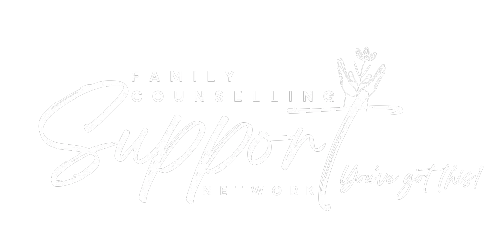

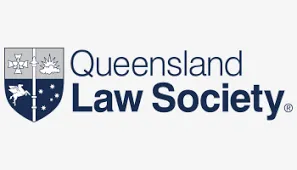
We are committed to protecting your personal information and respecting your privacy. This website uses cookies to analyze website traffic and optimise your website experience. By accepting our use of cookies, your data will be aggregated with all other user data.
DISCLAIMER: The material contained on this website is for general educational and information purposes only and is not a substitute for professional legal, financial, medical or psychological advice or care. While every care has been taken in the information provided, no legal responsibility or liability is accepted, warranted or implied by the authors or Family Counselling Support Network and any liability is hereby expressly disclaimed. For specific advice please contact us at [email protected]. All information contained on the website remains the intellectual property of Family Counselling Support Network and is for your personal educational use only. The information must not be reproduced or distributed without the express permission of Family Counselling Support Network.
Family Counselling Support Network acknowledges and respects the First Nations Custodians of the land where our offices stand, and where we work to help Australians. We pay respects to their Elders, past present and emerging, lore, customs and creation spirits. We recognise that these lands have always been places of ceremony, teaching, research and learning, and we acknowledge the important role Aboriginal and Torres Strait Islander peoples play in our community.
We are committed to providing an inclusive and accessible environment where people and communities of all identities and backgrounds are accepted, safe and celebrated.
Privacy Policy | Terms and Conditions
